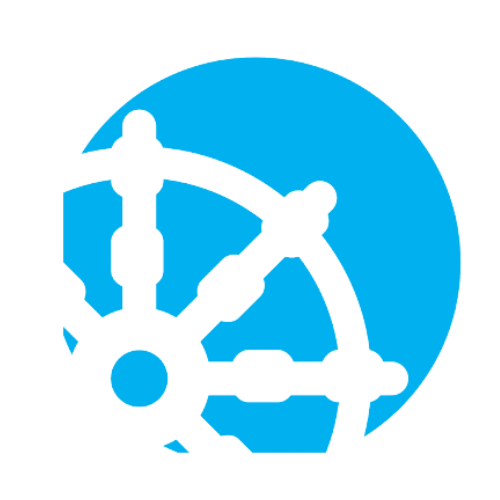
Enables boards to embed transformational learning and development processes.
EFFECTIVE BOARDS CHANGE AND EVOLVE AT LEAST AS FAST AS THE CHANGES IN THEIR ENTITY’S INTERNAL AND EXTERNAL ENVIRONMENTS
In a world changing at an unprecedented pace, boards that want to continue to fulfill their organisational purposes can evolve fast enough by adding continuous board development into their DNA.
Our research revealed the board learning and development practices that allow them to transform themselves continuously. The boards that are intentional about relentlessly developing themselves are not damaged by the challenges but are always optimizing their capability and performance.
“It’s not the strongest or the most intelligent of the species that survives but the one that’s
most adaptable to change.”
(Charles Darwin, On the Origin of the Species, 1859)
Our services enable boards to embed transformational learning and development processes into normal board routines.
What boards does this apply to?
Transformational learning and development practices apply to all types of boards. Hundreds of entities of many types are already using these practices: Privately-held businesses, Family-owned businesses, Maori Trusts, Not for Profits,Publicly-accountable boards, Professional partnerships, Faith-Based Entities, Government boards.
I’m interested in some Resources on Board Learning and Development.
I’m interested in a Board Evaluation to assess what needs to be developed in your board.
“We had an awesome day with Peter, and we knew immediately that this was no normal board learning session. Peter is personable and natural in his delivery, encouraging an authentic response from us which allowed for a rich learning experience. But most importantly the learnings did not stop when Peter left.
The practices we explored when we were with Peter continue to enhance how we work every day. Simply the best investment that we have made in Board Learning and Development. I cannot recommend Peter highly enough.”
Justine Barwick, The District Nurses, Tasmania
DEVELOP A LEGACY OF BOARD EFFECTIVENESS

He taonga tuku iho to whai huatanga o te poari.
Your board effectiveness is a legacy worth building.
Investing in board effectiveness by building in continuous improvement processes is an investment in your entity’s future, a legacy that will endure long after your tenure has ended.
Your board’s effectiveness is more than just a measure of your organisation’s success; it is a legacy worth building. The decisions made by your board have far-reaching consequences, shaping the future of your entity and the lives of the people it serves. By prioritizing board effectiveness, you are not only ensuring the current success of your organization but also building a foundation for future sustainability.
BOARD LEARNING
More education does not automatically result in effective learning/development for boards.
Our research showed that learning is optimized by a method called “board learning”. It’s a holistic approach encompassing the idea that board members are learning and developing individually and collectively while they do governance. It’s how most adults learn best; learning by doing. Board learning is the answer to already busy boards.
Board learning builds simple intentional continuous development processes into normal board routines. They are transformational to boards. The practices enable a board to stay alert and agile to new risks and opportunities. That’s a legacy worth building.
Our services focus on enabling boards to embed continuous development processes.
BOARD LEARNING PRACTICES
Our board research shows that a board that employs all the following board learning practices is more likely to experience the transformational learning that boards experience when they embark on continuous learning and development.
1. A learning and development plan.
2. A board development coordinator (one board member, the board development “champion” whose responsibility it is to ensure board development keeps happening).
3. A safe zone that allows for robust discussion and hubris to be challenged.
4. A development item on the agenda of every board meeting.
5. An evaluation of every board meeting.
6. A culture of learning and continuous improvement (embedded in the board and the organization).
7. A methodology for learning from experience (evaluating the decision methodology used for past large decisions in the light of results).
"Learning governance while doing it makes it easy to implement good governance. It might seem daunting at first, but this learning approach will dispel many of those fears. In a family situation, it means everyone is starting at a similar level of competence and understanding. Expertise and knowledge grow as a group".
Farm Governance Advising Training Programme.
Fraser McKenzie, New Zealand.








